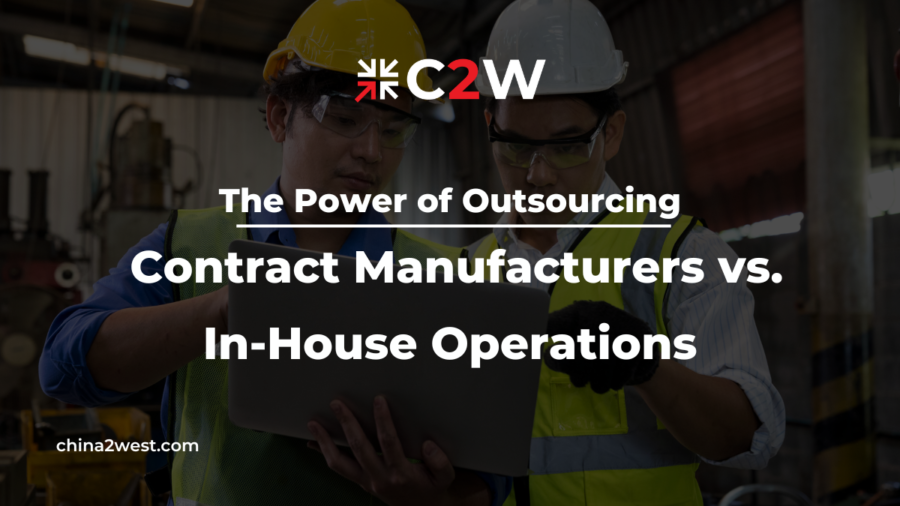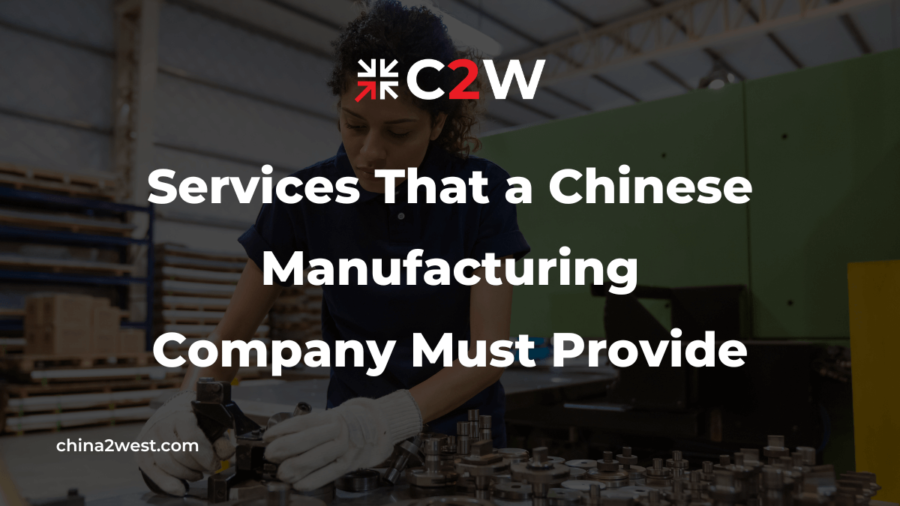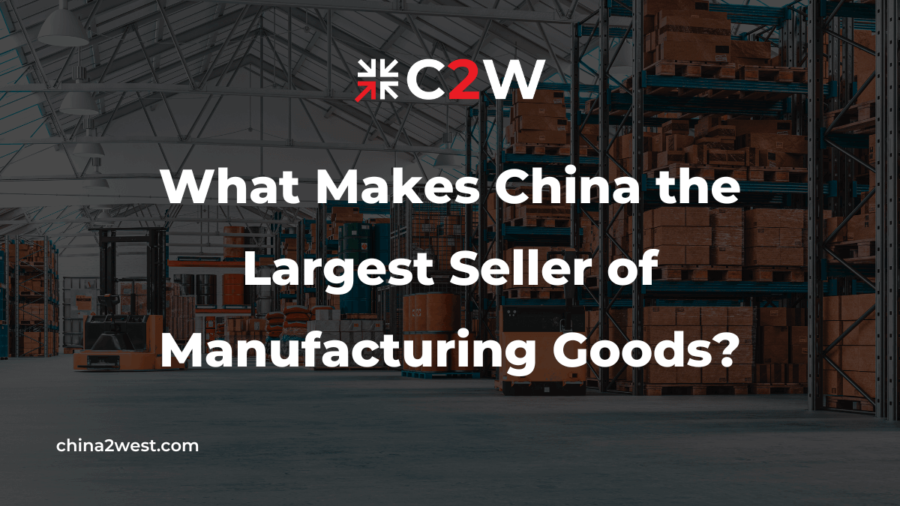As businesses strive for innovation and growth, the age-old debate of outsourcing versus in-house operations takes center stage. The strategic decision between leveraging the expertise of contract manufacturers and maintaining control through in-house processes is a pivotal factor that can define success in today’s ever-evolving market. In this exploration of the power of outsourcing, we delve into the nuanced landscape of contract manufacturing and in-house operations, shedding light on the dynamic interplay that shapes the efficiency and effectiveness of businesses across industries. Keep reading to join us on a journey through the intricacies of this critical choice, where the quest for operational excellence meets the imperative for adaptability in a world that demands nothing less than the best.
The Concept of Contract Manufacturing
Contract manufacturing is a business practice where a company outsources the production of certain components or finished products to another specialized manufacturer. In this arrangement, the outsourcing company, also known as the client or the brand owner, provides the specifications and requirements, while the contract manufacturer takes care of the production process.
Advantages of Outsourcing Production to Contract Manufacturers
Outsourcing production to contract manufacturers offers numerous advantages for businesses. First and foremost, it allows companies to focus on their core competencies and strategic objectives. By entrusting the production process to a specialized partner, they can free up internal resources and dedicate them to other critical areas such as research and development, marketing, or customer service.
Another key benefit of contract manufacturing is cost-effectiveness. Outsourcing production can lead to significant savings in terms of labor costs, employee training, infrastructure investments, and equipment maintenance. Contract manufacturers often have access to advanced technologies, economies of scale, and a wide network of suppliers, which enables them to produce goods at a lower cost. This cost advantage can be passed on to the client in the form of competitive pricing or increased profit margins.
Furthermore, contract manufacturing offers flexibility and scalability. As business demands fluctuate, companies can easily adjust production volumes without the need for significant capital investments or workforce adjustments. This allows for a more agile and responsive supply chain, ensuring that products can be delivered to customers on time and in the desired quantities.
Disadvantages of Outsourcing Production to Contract Manufacturers
While outsourcing production to contract manufacturers holds many advantages, it’s also essential to acknowledge its potential downsides. One significant concern is the reduced control over the manufacturing process. With an external partner handling production, companies might find it challenging to oversee and ensure adherence to their specific quality standards. This could potentially affect the final product quality and, consequently, the brand reputation.
Secondly, outsourcing production might pose confidentiality risks. Sharing proprietary designs or processes with a third-party could potentially expose businesses to the risk of intellectual property theft or misuse. As a result, companies must ensure robust contractual protections are in place to mitigate this risk.
In-house Operations – A Comparative Perspective
While contract manufacturing offers numerous advantages, it’s important to consider the perspective of in-house operations as well. In-house operations involve producing goods or components internally, using a company’s resources and facilities.
Advantages of In-house Manufacturing
One key advantage of in-house operations is the ability to maintain complete control over the production process. Companies can directly oversee every aspect of production, ensuring that quality standards are met and any issues can be addressed immediately. This level of control can lead to greater customer satisfaction and a stronger brand reputation.
Additionally, in-house operations offer more flexibility and customization options. Since the company has full control over the production process, it can easily make changes or adjustments based on customer feedback or market trends. This agility allows for faster response times and the ability to meet specific customer demands.
Disadvantages of In-house Manufacturing
In-house manufacturing, while offering certain advantages, also comes with its own set of disadvantages that organizations need to carefully consider. One notable drawback is the significant financial investment required for establishing and maintaining manufacturing facilities. This includes expenses related to infrastructure, equipment, skilled labor, and ongoing operational costs. Additionally, organizations may face challenges in adapting to fluctuating market demands, as in-house manufacturing setups often lack the flexibility to scale production quickly in response to changes in consumer preferences or market dynamics.
Another disadvantage is the need for extensive expertise in various aspects of manufacturing, which may divert resources and attention from a company’s core competencies. Maintaining up-to-date knowledge of evolving technologies and industry best practices can be demanding and time-consuming. In-house manufacturing may also be susceptible to inefficiencies and higher production costs compared to outsourcing, as economies of scale are often harder to achieve on a smaller operational scale.
Deciding between Contract Manufacturers and In-House Operations
For businesses seeking complete control over the production process and the ability to maintain quality standards, in-house operations may be the preferred choice. On the other hand, contract manufacturing offers significant advantages in terms of cost-effectiveness and access to specialized expertise.
Contract manufacturers and in-house operations both have their own advantages and disadvantages, and the power of outsourcing lies in the ability to choose the right approach for a company’s unique needs. If you are seeking a more comprehensive solution to optimize your production, contact us today to explore how our tailored solutions can meet your specific needs and drive successful results.




